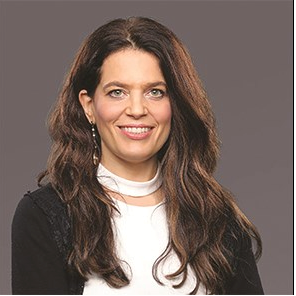“We need to be on the ground, experiencing firsthand the challenges we are seeking to solve, and building trust within communities. I often wish I could be in two places at once as it is equally important to be meeting with the key international stakeholders to build partnerships and understanding of the issues. It is therefore so important for me to have a team focused on Access to Medicines, and for the whole organization to be united around it.”
In the long term, programs such as this work only if their impact is measured objectively and the data is used to inform future efforts. Measurements include not just the quantity of medication provided, but the number of people treated and the strength of the system that enables their delivery.
Takeda is working with Duke University to develop an independent impact measurement framework that will provide up-to-date impact metrics to support live adaptation of programs to react to social developments on the ground in real time. Their ambition is to share this framework with the industry to foster deeper collaboration and ensure that resources are being effectively deployed on an industry basis.
“One of the most rewarding parts of my job is when I get to meet the people that our programs have supported. Having the ability to talk to physicians, patients, NGOs and health ministries about the reality of the barriers these patients face and the impact of our initiatives inspires and motivates me. It helps us as an organization to understand how we make a difference to patients’ lives and enables us to ensure that our programs are designed to tackle the specific barriers to access faced by communities or health systems,” she says.
As she looks to the future, Weissbaecker believes that it will take collective action by the industry working hand-in-hand with front-line healthcare workers to drive sustainable improvement in the most challenging locations and in regard to the most challenging illnesses.
“With each change that we are able to make, and each success, comes the next need and challenge. I believe that this will never go away. But if everyone works together then we can make a difference.
“The government has to take the lead in building sustainable healthcare ecosystems and moving toward universal health coverage, but every single actor, including corporates, must step in to drive change.
“The system is too complex to allow for any one individual or organization to make a change by themselves. If you change policy, then that doesn’t necessarily reflect in the quality of the delivery system, so you need to change all of it—all while considering the voice and needs of the patient.
“So, for me, everyone can contribute, and indeed has to. It should be orchestrated by the government; we should be guided by them so that together we can all make a collective change for the better.”

